- In a significant milestone for sustainable technology, sodium-ion EV batteries have transformed China’s electric vehicle (EV) sector.
- JMEV’s EV3 (Youth Edition) is the world’s first electric vehicle (EV) powered by Farasis Energy’s sodium-ion EV batteries.
- Sodium-ion EV batteries are a promising new battery technology for the global EV industry.
In December 2023, a momentous ceremony held at JMEV’s EV plant in Nanchang, Jiangxi Province, witnessed the world’s first electric vehicle (EV) powered by Farasis Energy’s sodium-ion batteries rolling off the production line. This groundbreaking development marks a new era in battery technology, as the JMEV EV3 (Youth Edition) establishes itself as the world’s first A00-class EV to deploy these innovative batteries, offering a substantial range of 251km.


Farasis Energy’s sodium-ion EV battery is truly a marvel in EV battery technology, striking the perfect balance between energy density, safety, low-temperature performance, and life cycle. This battery utilizes a unique combination of layered oxides and hard carbon, yielding an impressive energy density of 140 to 160Wh/kg. The safety standards of these batteries are exceptional, having undergone rigorous testing and demonstrating resilience against pinprick, overcharging, over-discharging, extrusion, and soaking events. Meeting the no thermal runaway (NO TP) standard, this battery pack assures users of its safety.
ADVERTISEMENT
The low-temperature performance of Farasis Energy’s sodium-ion EV battery is noteworthy. It maintains over 91% discharge capacity retention even at -20°C (-4°F). This outstanding performance ensures that EVs perform optimally even in adverse weather conditions.
Farasis Energy is preparing for an ambitious leap in EV battery technology as it sets sights on releasing its second-generation sodium-ion batteries in 2024. With an anticipated energy density of 160-180Wh/kg and plans to increase this to 180-200Wh/kg by 2026, these batteries are expected to cater to a broader spectrum of applications. Farasis Energy is building partnerships across numerous sectors, such as A00-class micro-electric vehicles, electric two-wheelers, battery-swapping services, and Energy Storage Systems (ESS).


The strategic partnerships foster ongoing success in attracting domestic and international customers. The sodium-ion batteries’ superior performance in low-temperature conditions effectively tackles the range of challenges faced by electric vehicles in frostier climates. Coupled with their safety and affordability, these characteristics ensure a wide variety of use cases while heightening user experience. The innovative sodium-ion batteries are poised to supplement lithium battery systems in several cost-sensitive and safety-critical areas, encompassing residential, industrial, and commercial energy storage.
ADVERTISEMENT

SOURCE | IMAGES: FARASIS ENERGY | JMEV
FTC: We use income-earning auto affiliate links. Learn more.


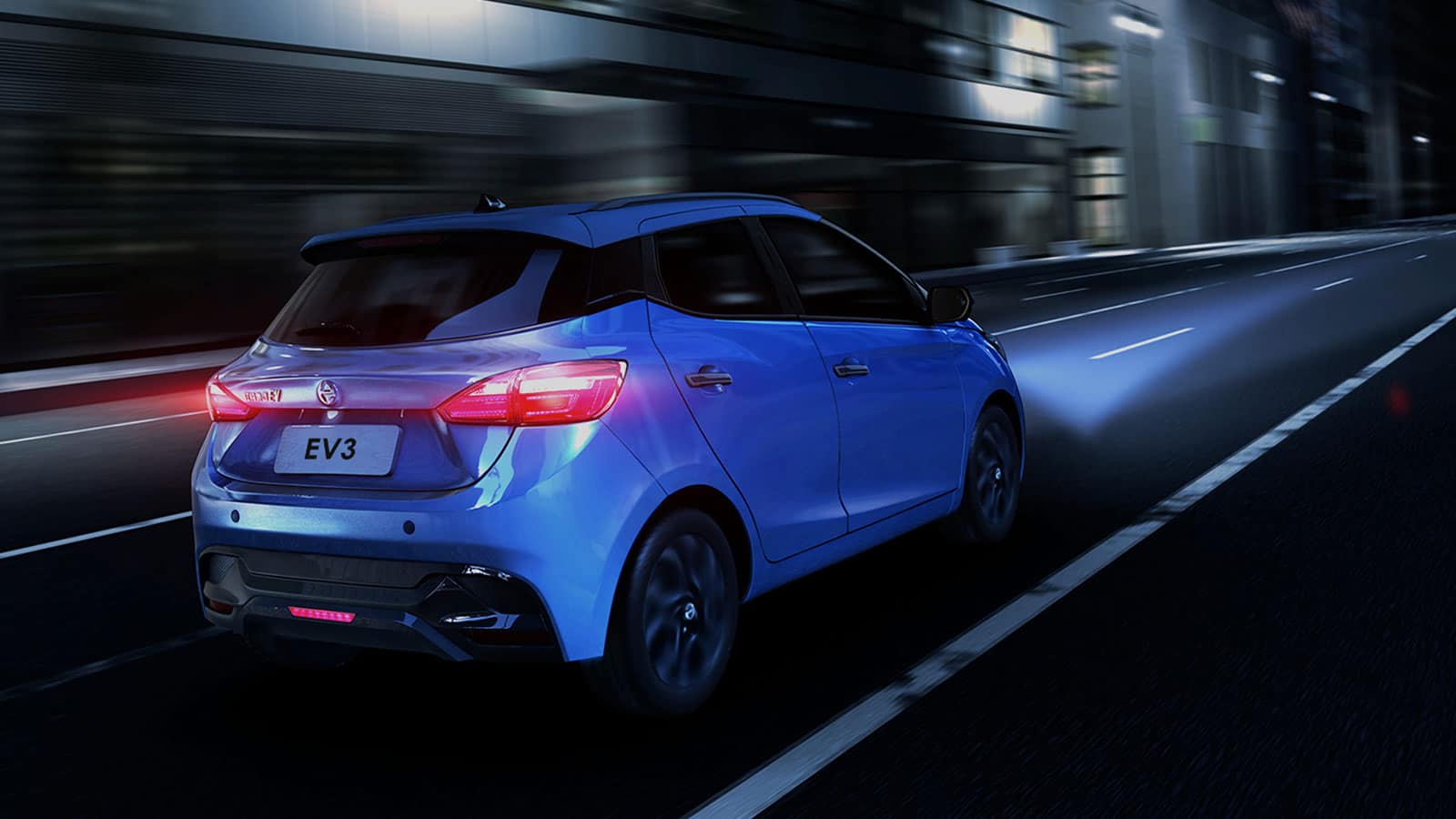


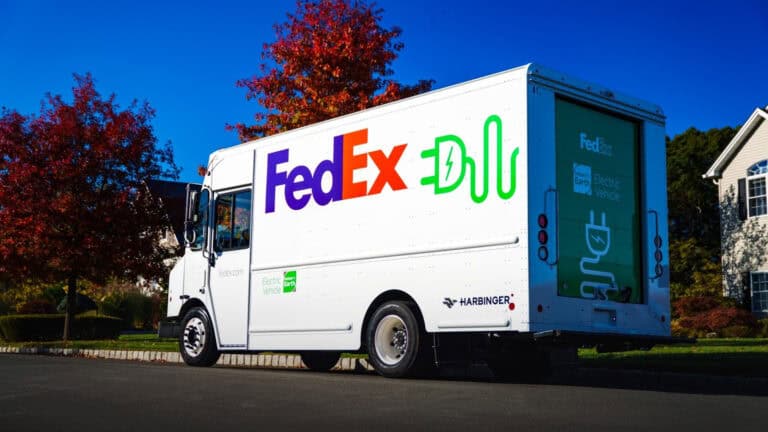
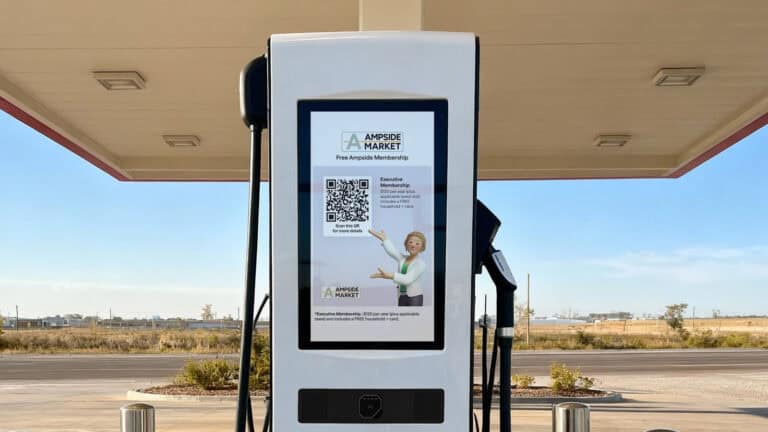
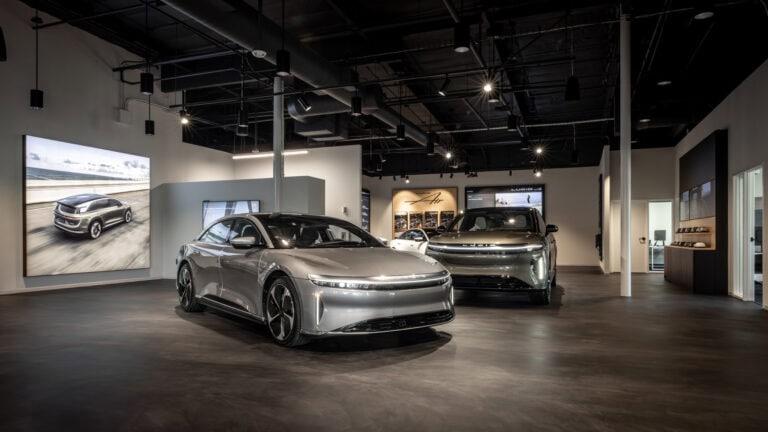
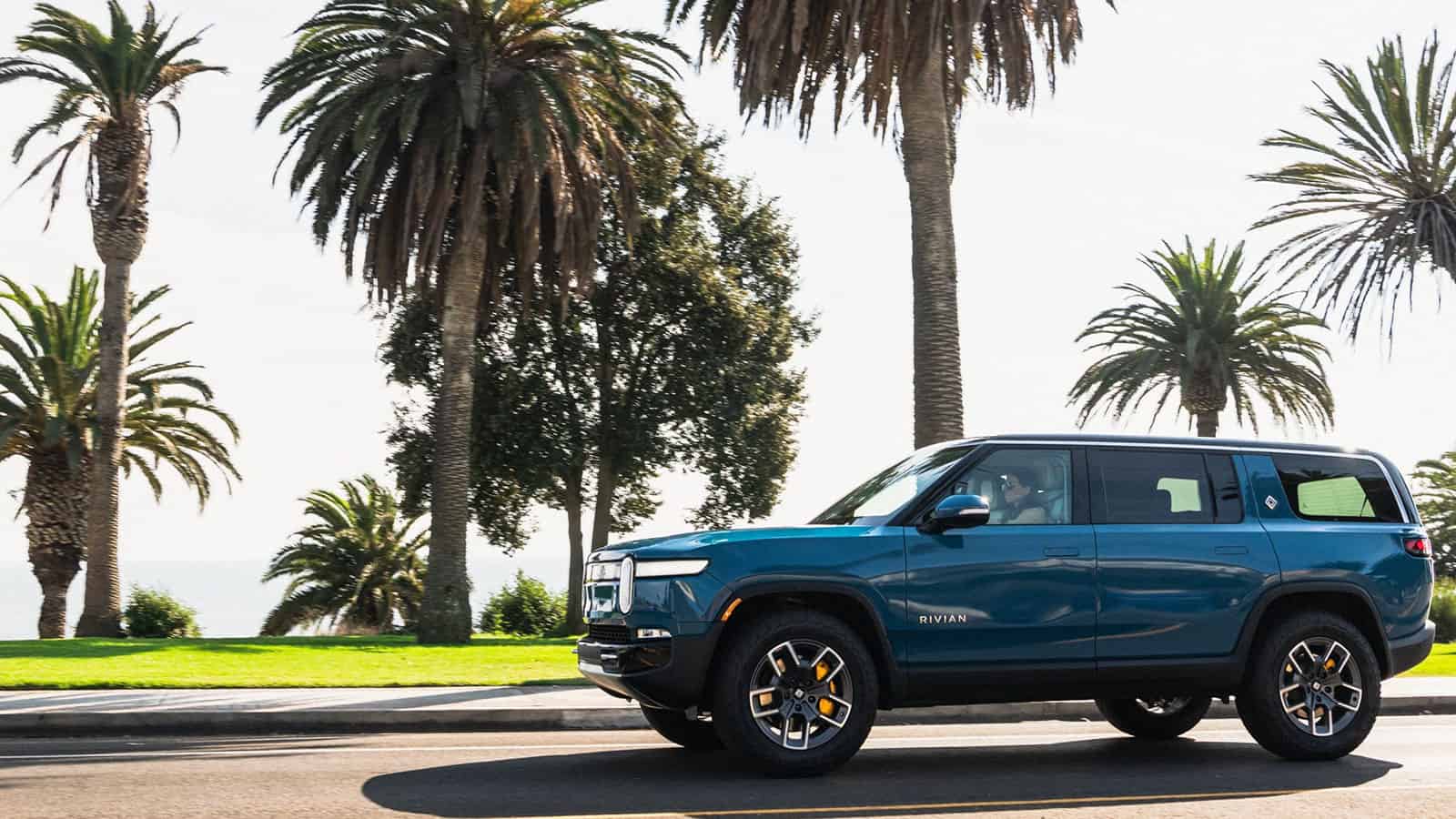
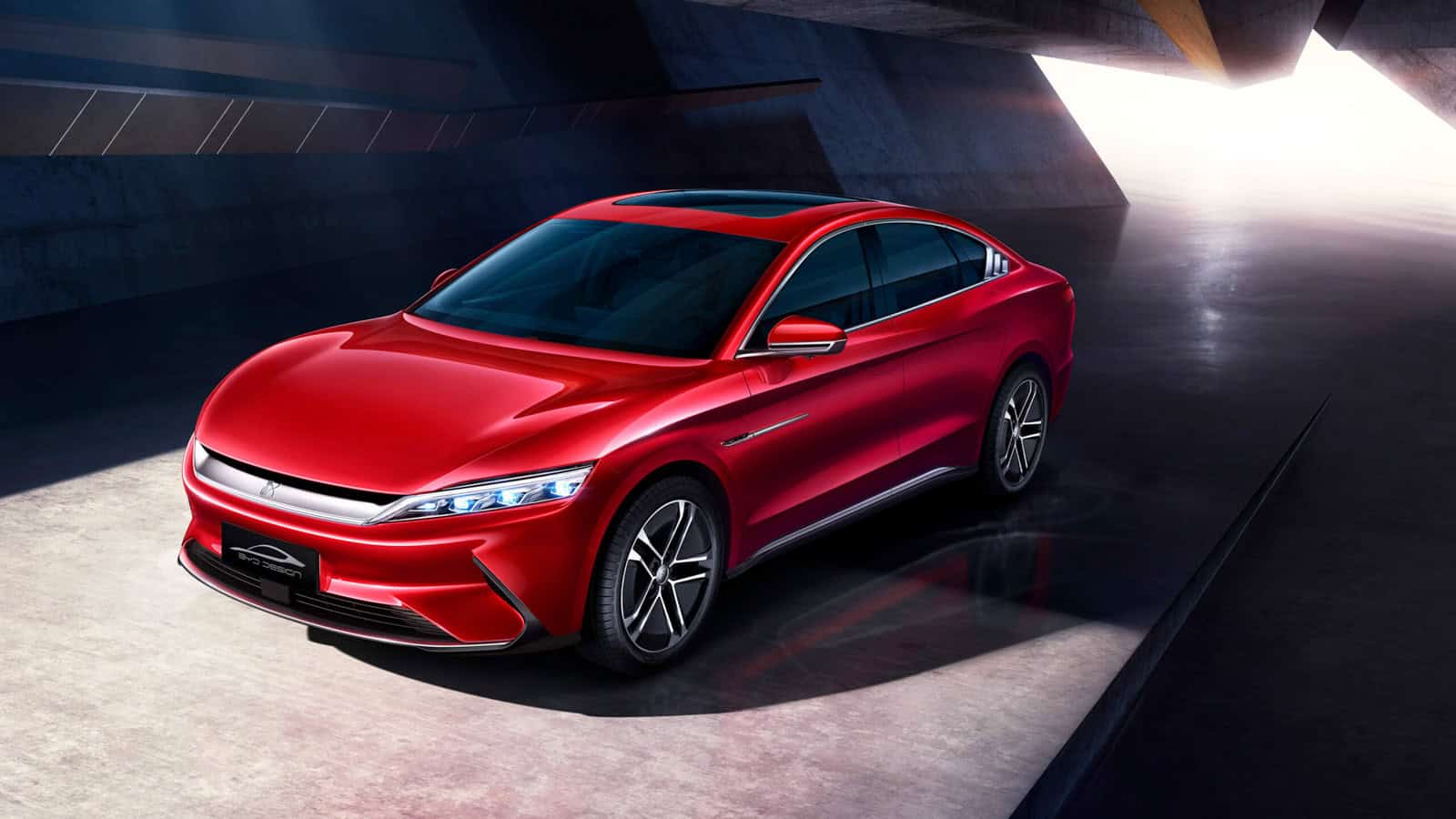
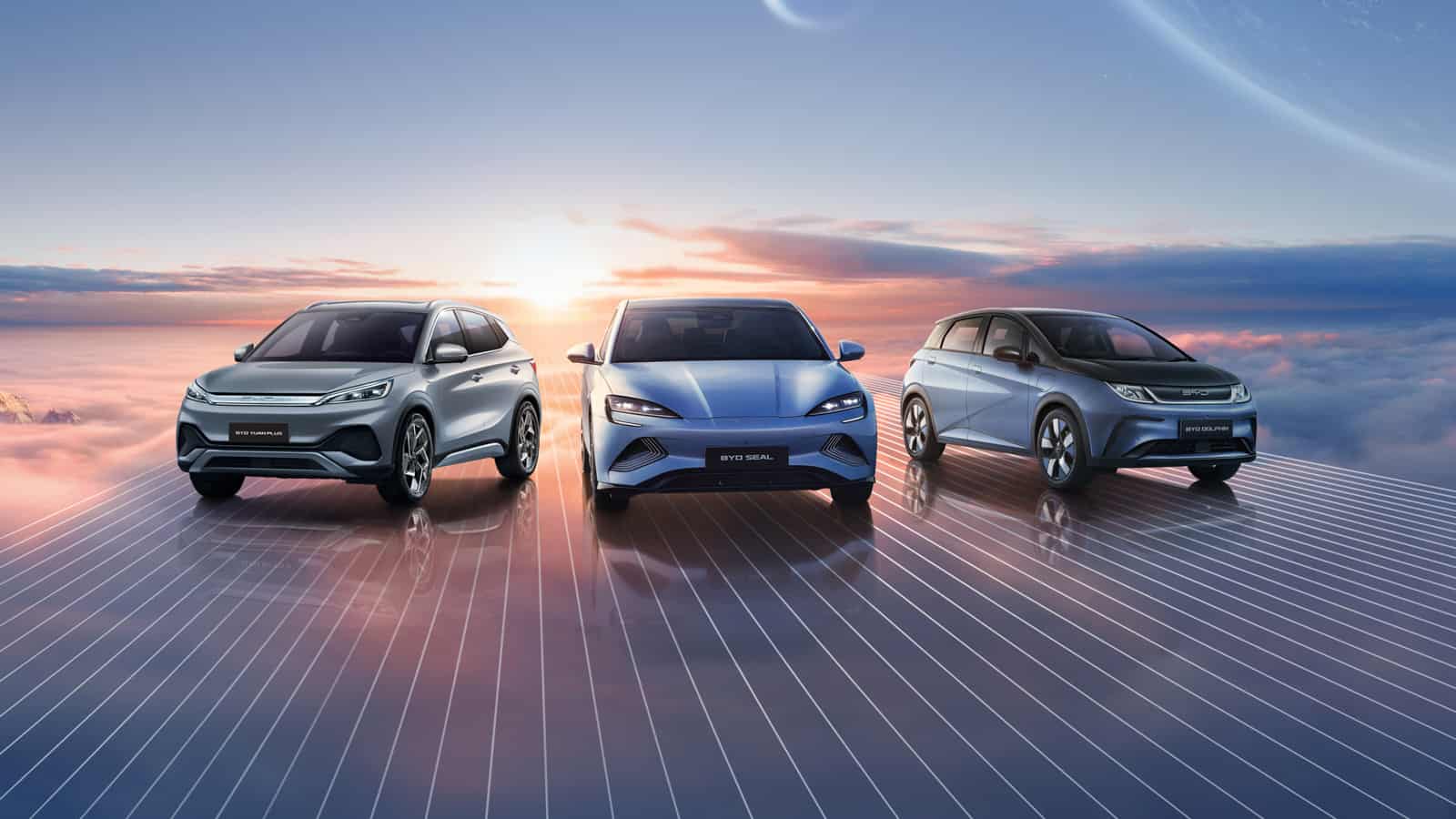
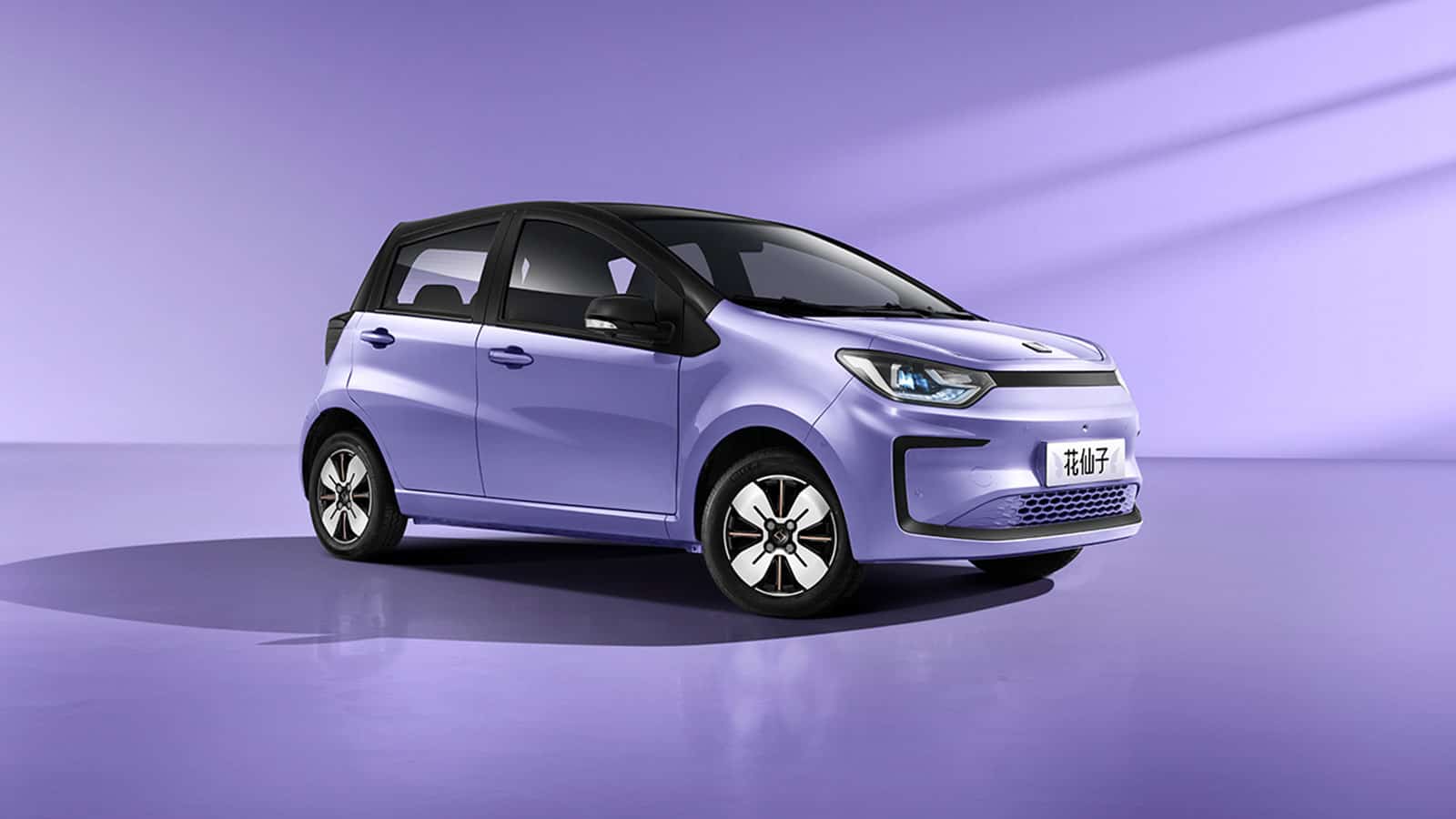
One Response
You can have it. I love my electric lawn mower. It’s so quiet I can easily listen to head phones without needing to blast my eardrums out and doesn’t vibrate my hands so much that they are numb when I get done. The batteries last long enough to do my yard and they are compatible with my weed eater, blower, edger, AND my electric snow blower. I don’t need to store or buy gas or oil. I have multiple batteries that I can exchange while charging. But they only take 60mins at most to change so it’s really not an issue. I will concede that it’s not as powerful as a gas powered but close enough that it doesn’t matter.